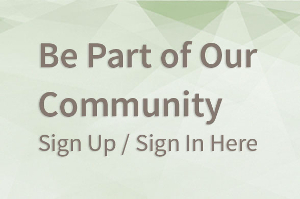BK Blog Post
Who Really Makes Money Self Publishing?
 Posted by
Anna Leinberger,
Editorial Manager, Acqusitions,
Berrett-Koehler Publishers Inc.
Posted by
Anna Leinberger,
Editorial Manager, Acqusitions,
Berrett-Koehler Publishers Inc.
Anna is a writer and editor for Berrett-Koehler in Oakland, CA. More on killer book proposals and writing can be found on her BK Blog.
Dial back the clock about 10 years, and self-publishing was expensive, difficult to do, and rarely made the author any money. Aside from a few notable exceptions (Wizard of Oz being one) self-publishing was largely a dead-end endeavor. These days, the media is touting the narrative of self-publishing being the future, of the millions of dollars a breakaway success has made for its author, so much of which would be taken by the publisher if the person had gone the more traditional route. Amazon advertises that the author gets 70% of their royalties, in sharp contrast to the 10-20% you get from a traditional partner. It seems like self-publishing is the future, but who really makes money this way?
Who is actually successful with self-publishing
There are three types of people who are successful at self-publishing.
Group one is comprised of already famous authors who know that their book is going to be very successful. They know they are going to get a good return on their investment, so they can afford to spend thousands on typesetting, cover design, print copies, and a knowledgeable editor. A traditional publisher would do all these things, and it is this upfront investment in the product that justifies the publisher’s cut of the royalties. A famous author is also the only kind of person who will realistically be able to get their self-published book into physical bookstores and review publications. Bookstores and media outlets are inundated with so many requests to stock or review books they tend to discount self-publications simply because it is an easy way to minimize the pool of things to consider.
Group two is even smaller than group one- these are the one-in-a-millions and these are the stories the media loves to highlight. The story they spin is of the unknown author who couldn’t get a publisher, but who went insanely viral and is now a best-selling author. A few things on this: these situations are exceedingly rare. You are significantly less likely to have success as a self-published author than if you are a first time author with a publishing contract.
Group three is full of people who consider their book to be a full time Job. When an author works as hard as a publicity department they can accomplish quite a lot. They market their book relentlessly. They have the energy and drive and creativity to push their book through every non-traditional channel there is. Instead of complaining that it is a tragic state the world has come to when someone so noble as a writer must sully themselves with marketing, they get out there and talk to people about their book. They do instagram campaigns, they guest post for blogs, they try to get on as many podcasts as possible. That is the reality of making self-publishing successful- with this sort of dedication, selling a few thousand copies is a real possibility, and sometimes it is group three that can turn into group two.





